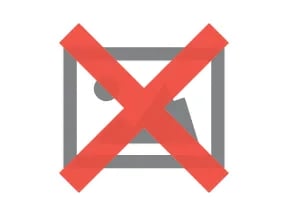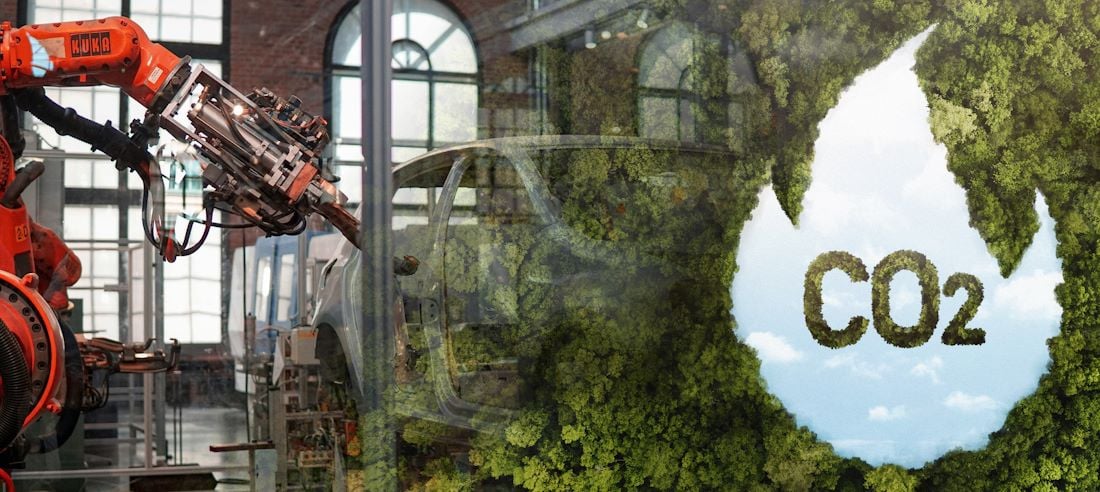Quite a few of the European Commission’s 23,000 civil servants devote themselves to the environment. Just over 500, to be precise. It is this very department, the Directorate-General Environment, that created the Online Resource Efficiency Platform OREP. In the first months of last year, OREP conducted a stakeholder consultation on “Delivering more Sustainable Consumption and Production” (PDF Link), and obtained the views of nearly 340 citizens and organizations on the best way to do so.
Let me share a part of the results with you today and see which political instruments European stakeholders want in order to pave the way for a large application of ecodesign. It is clear that when analyzing the results of a questionnaire, one should always be aware of the composition of the respondents. In this case, the stakeholders who replied to the “Sustainable consumption and production” section of the OREP questionnaire were dominated by industrial associations, representing one third of all participants. The second-largest group were citizens, with a 24% share, followed by private companies at 15%, NGOs at 13%, and public bodies at 9%. Altogether, about a quarter of all the organizations work in the environmental sector, about a tenth in the food industry, and 7% in energy.

Most importantly, a vast majority of the respondents expressed the view that the current set of political instruments for sustainable consumption and production is sufficient. Instead of introducing new instruments, the existing ones should be harmonized. That harmonization includes the definition of consistent criteria across different instruments and reviewing all instruments to find out about their synergies. What’s more, environmentally harmful subsidies should be abolished and replaced by national incentives for green products. How these incentives are structured should be inspired by a set of national best practices recommended by the European Commission, the respondents say. A review of all EU funding programs, like Structural and Cohesion funds, should help eliminate counterproductive subsidies for non-resource-efficient practices. Reduced tax rates for products with high environmental impacts should also be phased out. On the contrary, adjusting the VAT to environmental performance could help level out the price advantage of environmentally harmful products that generate high external costs. Interestingly enough, this relatively radical measure won a majority of the stakeholders, whereas tax incentives for reductions in a product’s ecological footprint were only favored by the citizens. Other stakeholders criticized the EF as being too immature to be mandatory, but acclaimed it as having high potential for the future.

On the consumer side, most stakeholders favored an update for public education. Environmentally sage consumption patterns and sustainable lifestyles should be included in the educational curricula of the EU’s member states.
As a synthesis, we can deduce that the current instruments are perceived to work well theoretically, but in practice, it is the notorious lack of ambitious goals that hinders progress:
Approximately 70% of respondents think that strengthening the requirement on material resource efficiency in the existing SCP [sustainable consumption and production] regulatory instruments is an effective option (29% states that this is a ‘very effective’ option) and Ecodesign is considered the most recommended EU SCP regulatory instrument to strengthen these requirements.
Further Reading
- European Commission: “Commission publishes results from stakeholder consultation on Sustainable Consumption and Production”, DG Environment News
- Consultation Questionnaire as PDF
- EU Directive on Ecodesign: Ecodesign Directive (2009/125/EC)
- Manifesto for a Resource-Efficient Europe
- knowtheflow: Environmentally Harmful Subsidies: Behind the Scenes of a $400 Billion Waste
The article image (CC BY SA) by MAZZALIARMADI.IT shows an interior design that claims to follow ecodesign principles (“wood from well managed forest, low impact and low emission finishing”), but above all, looks gorgeous.





